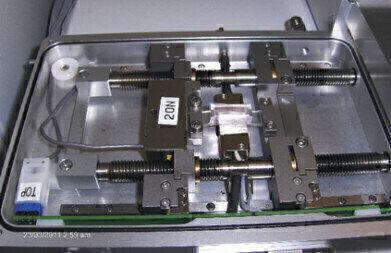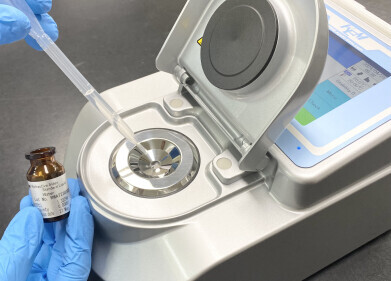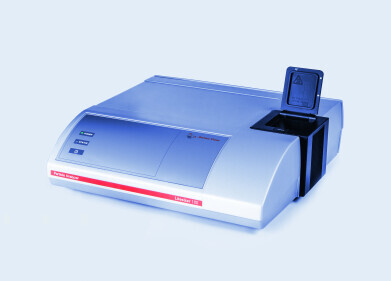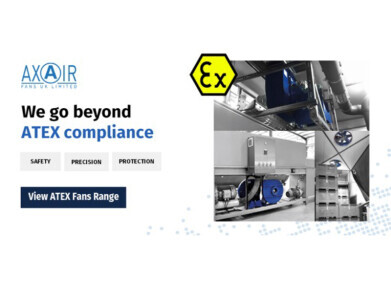Laboratory Products
Controlling Stress in Human Collagen Growth
Sep 02 2011
Linkam Scientific Instruments have been chosen by the Physics Department of the University of Liverpool to study the effects of controlling stresses applied during the growth of collagen secreted from human fibroblast cells. The research goal of Senior Research Assistant, Dr Caroline Smith, and her colleagues at the University of Liverpool is to advance the treatment of tendon injuries by developing a method of growing oriented human collagen. To achieve this and to gain a fundamental understanding of the process, Dr Smith is using the optical technique of reflection anisotropy spectroscopy to monitor the extent to which collagen, grown by mouse fibroblast cells on elastomeric substrates, is oriented when subjected to a regular uniaxial stress mounted in a Linkam TST350 tensile stage.
The ability to choose a wide range of cyclic speeds to relate back to the growth of collagen is very useful. Initially, Dr Smith thought about making her own TST but having a small unit that could control the cyclic stress and also measure stress/strain curves at the same would be very difficult to manufacture in-house. Hence, the Linkam unit was purchased.
The TST350 stage is built with two precision ground stainless steel lead screws to maintain perfect uniform vertical and horizontal alignment. The sample jaws move in opposite directions to maintain sample in both reflected and transmitted microscope fields of view. Temperature control and accuracy is excellent with a range from -196°C to 350°C with 0.01°C control and up to 30°C/min rates, with virtually no temperature feedback to the measurement of force. Samples can be quickly loaded into the jaws and a test run can be performed in seconds. The data feedback from the force transducer, designed and built in-house, can be used to display an online plot of the force/distance when the jaws are moving at constant speed or when speed is varied to maintain a constant force. The speed of the jaws, force applied and distance moved can all be varied relative to the cell temperature. The sample chamber is sealed and can be controlled with various inert gases via the precision click fit valves built onto sides of the stage.
Digital Edition
Lab Asia 31.2 April 2024
April 2024
In This Edition Chromatography Articles - Approaches to troubleshooting an SPE method for the analysis of oligonucleotides (pt i) - High-precision liquid flow processes demand full fluidic c...
View all digital editions
Events
May 05 2024 Seville, Spain
InformEx Zone at CPhl North America
May 07 2024 Pennsylvania, PA, USA
May 14 2024 Oklahoma City, OK, USA
May 15 2024 Birmingham, UK
May 21 2024 Lagos, Nigeria





.jpg)












